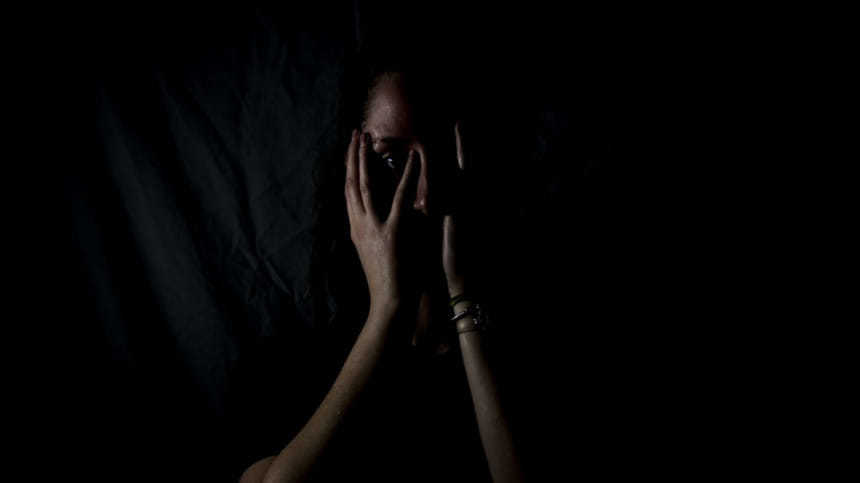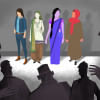Assault over dress: 2 rights bodies object to the comments by HC bench

Questions raised by the High Court during a hearing of a case filed over a woman being assaulted for the dress she was wearing will encourage further harassment of women, two rights organisations said today.
In separate statements, Ain o Salish Kendra (ASK) and Naripokkho strongly condemned and protested the comments made by a High Court bench on Tuesday.
Both organisations demanded that the HC withdraw this statement and be more cautious in the future.
On Tuesday, during a bail hearing of an accused in the case filed over harassment of a female university student at Narsingdi Railway Station on May 18, the HC questioned the student's choice of dress and whether she should have gone to a railway station in such attire.
According to the case statement, the student was physically assaulted by people at the train station for wearing what they claimed were "indecent clothes".
The HC bench comprising Justice Sheikh Md Zakir Hossain and Justice AKM Zahirul Haque made the observation before granting six-month anticipatory bail to the accused, Marzia Akhter alias Shila.
"If the statement of the High Court as published in various media is true, it goes against women's equality, constitutional rights, internationally recognised human rights standards and the current government's policies regarding women empowerment. Such comments will incite the radicals," ASK said in its statement.
It said such comments brought into question whether Bangladesh has made progress in establishing women's rights.
"Freedom of women, their right to choose or take decisions, right of movement are all constitutional rights. These are also recognised by various international instruments. At the same time, in a place where a woman's dignity, rights and safety should be ensured in the best possible way without giving importance to clothes, the woman is being harassed again through such a statement."
Naripokkho said such comments by the HC will further encourage harassers.
"The court is the last refuge of the people seeking justice. In that case, such comments of the High Court are highly insulting and totally unacceptable and in conflict with Article 32 [right to life and liberty], Article 36 [right to movement] of the constitution of Bangladesh," said the Naripokkho statement.
Besides institutional or professional obligations, what a person wears and where the person goes in that attire is entirely a matter of personal taste and preference. So, far from attacking the person, even making indecent comments or raising objections is against civil dignity.
"The girl was in an objectionable state in the platform, which is seen in the CD [containing footage of the incident]. Is it your rights? Is it your rights to dress?" the HC bench asked on Tuesday.
Challenging the bail order, the prosecutor, Assistant Attorney General Syeda Zahida Sultana, argued that Shila started the incident. Shila had asked the student why she had worn the dress and then called other people to the scene, hurled derogatory remarks and pulled the student and her friends by their clothes.
Syeda said a person is entitled to wear any dress they wish and nobody can harass them for that.
Then the court asked the prosecutor, "Are there rights for preserving culture and tradition? Isn't the dress a part of culture? The socio-economic condition of a society where you visit is also an important issue. There are differences between Dhaka and the rural areas in terms of socio-economic conditions."
The assistant attorney general said culture was changeable.
The HC bench's remarks also touched off outrage in social media.
Today, lawyer Kamal Hossain, who stood for Shila in the hearing, asked the HC bench to take action against Facebook users who are criticising the judges.
But the bench didn't deliver any order and asked him to submit a written application before the court with relevant documents and screenshots.
Two days after the incident at the railway station, Imaidul Jahedi, in-charge of Narsingdi Railway Police Outpost, filed the case with Bhairab Railway Police Station under Women and Children Repression Prevention Act.

 For all latest news, follow The Daily Star's Google News channel.
For all latest news, follow The Daily Star's Google News channel. 










Comments